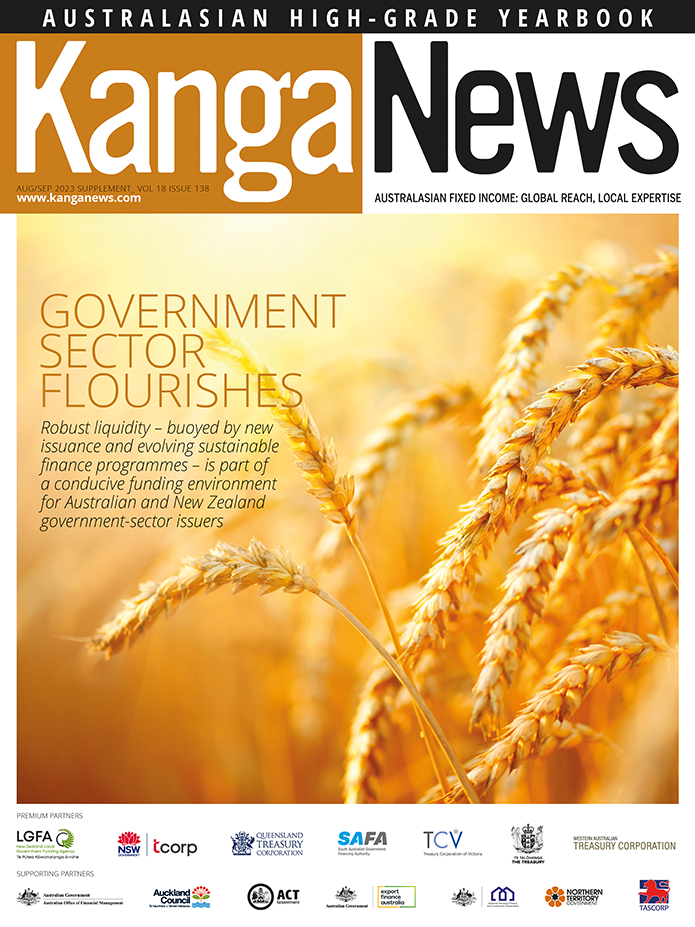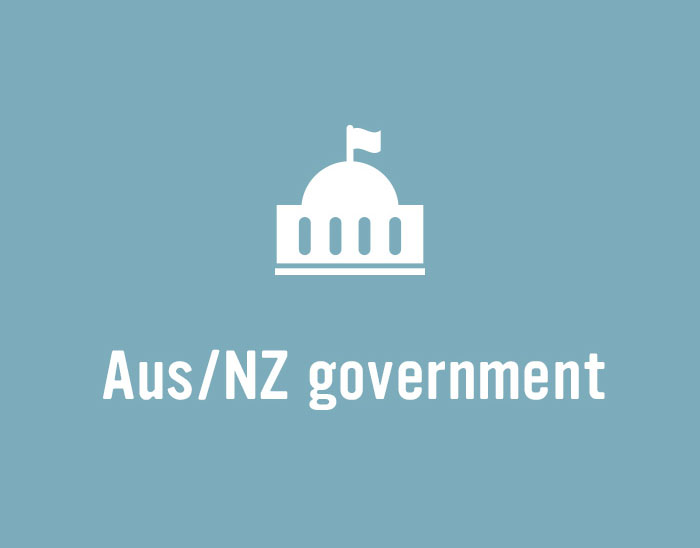
TCorp: Funding growth and sustainability bonds
Fiona Trigona, head of funding and balance sheet at New South Wales Treasury Corporation (TCorp) in Sydney, tells KangaNews about the agency’s increased funding requirement, its debut sustainability bond and the market reception for its first sustainability bond programme annual report.
TCorp’s funding requirement went up substantially in the 2019/20 budget and it has come to market frequently already this financial year. What is the overall strategy for filling the funding requirement when it comes to target maturities and use of syndication?
Reverse enquiry will remain a tool for us over the next year. Demand drives our issuance method. For example, some investors prefer reverse enquiry to get allocation to the volume of bonds they require. They do not always receive the allocation they are seeking through syndications or tenders.
TCorp clients’ borrowing requirements still drive the timing of our issuance, even though we can prefund. We still intend to issue across the curve but will look for opportunities to further lengthen our issuance.
How much demand is there for longer-dated TCorp bonds?
Issuance is still driven by the ability to achieve funding competitive with our domestic curve.
What kind of conversations have you had with investors about the increased issuance task? The market mood feels different from the last time some of the states were issuing a lot more debt. There is less negative focus on states’ debt levels.
Investors and the rating agencies are comfortable with the increased funding task if the investment is economically productive.
TCorp added a benchmark sustainability bond line to its profile in 2019, bringing its total outstanding green, social and sustainability (GSS) bond issuance to A$3.6 billion. Can you provide some more colour on the issuance strategy when it comes to adding new GSS lines versus building liquidity in either or both of the two existing types of GSS bonds?
But we have said we are treating our new sustainability bond differently. We have asked our panel banks to make prices in the new bond, and over time we will look at increasing the line, either via tender or syndicated tap. We are not looking at a reverse enquiry at this stage because we want more secondary-market liquidity in this line.
How much capacity do you have to issue in GSS format, and to what extent has the change from green bonds to sustainability bonds increased capacity?
Do you plan to continue issuing both types of bond and potentially social bonds, too or will all future issuance be labelled ‘sustainability’?
The success of our sustainability bond last year has given us a lot of confidence about issuing in this format going forward.
How have specialist and mainstream investors responded to TCorp’s sustainability reporting?
We are committed to complying with all relevant global standards when it comes to reporting.

HIGH-GRADE ISSUERS YEARBOOK 2023
The ultimate guide to Australian and New Zealand government-sector borrowers.








